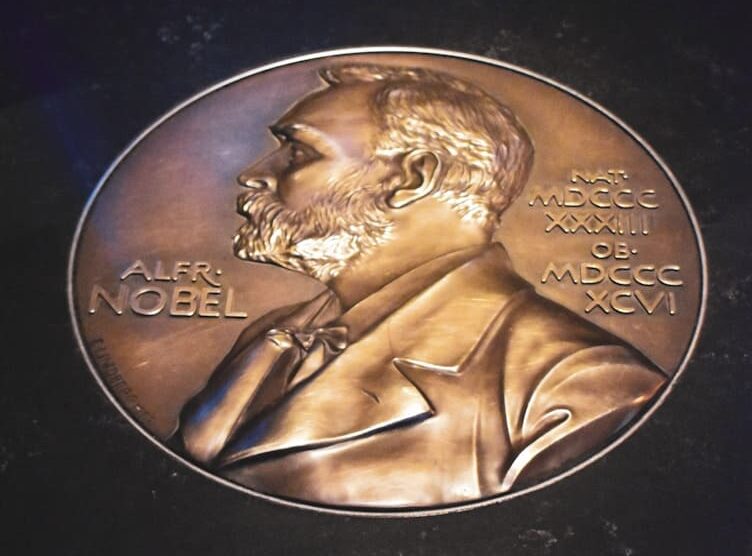The Royal Swedish Academy of Sciences on Wednesday announced the 2024 Nobel Prizes, two of which represent significant advances in scientific fields that are crucial to drug discovery and Conscience’s mission. These discoveries, which relied on high-quality, open data, exemplify the importance of both quality and openness of data for the future of AI in drug development.
The Nobel prize in Chemistry was jointly awarded to David Baker (University of Washington) and Demis Hassabis and John Jumper (Google DeepMind) for their pioneering work in computational protein design and structure prediction, which are transforming our ability to develop new medicines. Geoffrey Hinton’s Physics Prize for his work on artificial neural networks underpins the AI models driving many of these discoveries, marking a major step forward for the integration of AI in the field of drug discovery.
Advances like these are critical to Conscience’s mission of accelerating drug discovery through innovation and collaboration. AI will undoubtedly play a role in the future of drug discovery – we believe that the best way forward is through sharing data that anyone can work on, creating benchmarks that everyone can learn from, and fostering a culture of open science and collaboration to build a field of AI that benefits everyone and leaves no one behind.
David Baker led the first research group to design new proteins from amino acids, which can be used as drugs, vaccines, and nanomaterials. Baker has a long-standing collaboration with our partners at the Structural Genomic Consortium (SGC) in Toronto, having published numerous papers together. The contributions of Demis Hassabis and John Jumper, through AlphaFold, have revolutionized protein structure prediction, a critical step in understanding disease mechanisms and discovering new drugs. These technologies help us predict how proteins fold and interact with drugs, a key to developing effective treatments. Innovations like these help Conscience work towards our goal of addressing market failures in drug development by leveraging open and collaborative science.
Geoffrey Hinton’s work on neural networks underpins AI-driven models in computational drug discovery. AI’s ability to sift through vast datasets and predict outcomes is already reshaping the pharmaceutical industry, and Conscience’s CACHE challenges leverage such technologies to try to create more efficient pathways for identifying promising drug candidates through benchmarking, collaboration, and data sharing.
These Nobel Prize-winning breakthroughs are proof of what AI and open data can achieve for the future of medicine when collaboration is at the heart of it all.
